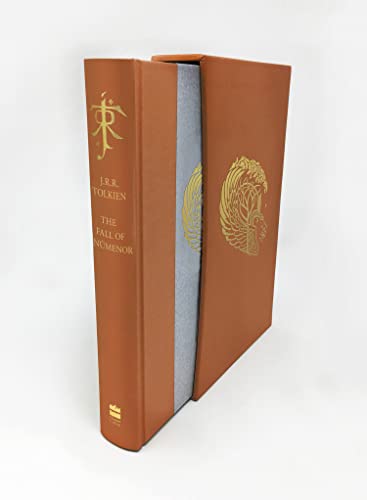Olwe wrote:
I am quite happy to see someone try their hand at German but as a professional translator I am always only one tiny aneurysm away from a stroke when I see people using Google Translator when there is a much, much better translation option online with DeepL (a company based in my hometown of Cologne, by the way.) If you ever need English/German translations that's the place to go to, not GT.
Having said that, a re-translation of a poem by an artist steeped in 19th century traditions, working in parts inspired by 19th century German texts and/or scholarly editions, I would presume ('Nibelungenlied' etc.), and then translated into German, supposedly around 1985/1986 for this 1987 publication, by a translator born in 1936 (Schütz passed away in 2004) and therefore working from cultural traditions of the late 19th, early 20th century, into 'modern-day English' is what we call in German a 'Himmelfahrtskommando.'
Just one detail, to give you an example:
The Complaint of Mîm, the Dwarf is translated as "Mîms Klage" into German and the YTer opts for "Lamentations" - but if you do not know anything about the Nibelungenlied and even less about Richard Wagner's operas (oh, the Wagnerian crowd is going to love this) then you will not know about "Mimes Klagegesang."
"Mime" is the name of the smith in Wagner's SIEGFRIED (Sigurd) and there is "Mimes Klagesang" in the first movement of the opera. He is the brother of Alberich, a dwarf.
To any German with a minimum level of what some people might term "classical education" there can only be a "Klage", a "complaint", and the reason why the German poem title does not include "the Dwarf" is because any reader would subconciously and immediately assume that "Mîm" is a dwarf, so no need to actually mention that.
I would have to finally read the two Wagner books at Walking Tree Publishers whether they mention this tiny detail but there might be a link between Tolkien and his like/dislike of Wagner in this, quite besides the perennial question of the RING cycle as an inspiration for Tolkien
That is a fascinating insight, thank you Olwe.
Strangely enough I never tought about the link betweeen Tolkien's Mîm and Wagner's Mime. Really interesting, thanks Olwe!
Now that I have a copy of said Almanach it is quite a pity to see we only have a translation of the poem - and not the prose fragment. That in itself is quite worth the read. I pity Mîm, despite of all his shortcomings (not a pun, just to be sure!)















 4361
4361 1.98M
1.98M